EU says closure of Hormuz Strait would be 'extremely dangerous'
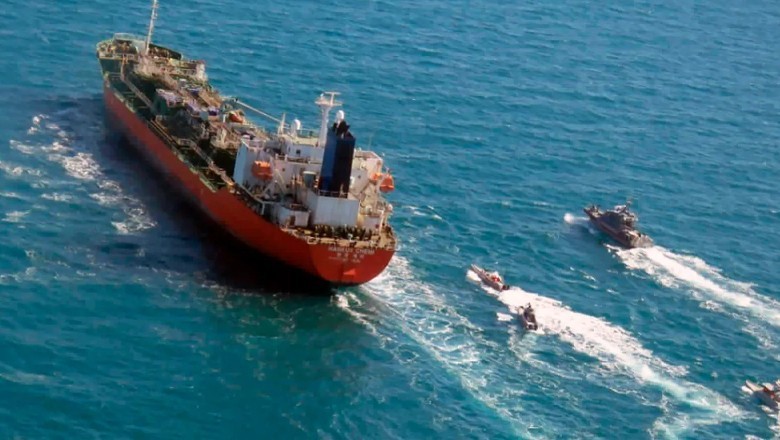
Web Desk
|
23 Jun 2025
The European Union’s top diplomat cautioned on Monday that it would be “extremely dangerous” if Iran closes the critical Strait of Hormuz in response to recent US strikes on its nuclear facilities.
“Concerns of retaliation and this war escalating are huge,” said EU foreign policy chief Kaja Kallas, speaking to reporters in Brussels where EU foreign ministers gathered for talks dominated by the escalating Iran-Israel conflict.
“Especially the closing of the Strait of Hormuz by Iran is something that would be extremely dangerous and not good for anybody,” she emphasised.
Analysts have suggested that Iran might retaliate against the US strike, which occurred early Sunday, by blocking the Strait, a key maritime passage through which about 20 percent of the world’s oil supply flows.
In response, US Secretary of State Marco Rubio has called on China to play a role in discouraging Iran from taking such a step.
The EU, meanwhile, has consistently called for calm since the US military action, which marked Washington's entry into Israel’s war with Iran by targeting nuclear infrastructure.
“Ministers are very much focused on the diplomatic solution,” Kallas said on Monday, reiterating her weekend appeal urging all parties to “step back” and resume dialogue.
Kallas, who had recently met with Iranian Foreign Minister Abbas Araghchi in Geneva alongside her counterparts from France, Germany, and the UK, confirmed that the EU would continue its diplomatic efforts.
“There has to be a diplomatic solution,” she said. “When Iran is willing to talk to us. I think we have to use this opportunity.”
In a joint statement issued Sunday, France, Germany, and Britain called on Tehran “not to take any further action that could destabilise the region.”
Speaking in Brussels, French Foreign Minister Jean-Noel Barrot highlighted Europe's extensive history of engagement with Iran, saying it can help prevent Tehran from acquiring nuclear weapons.
“There is no lasting military solution to this problem,” Barrot said. “Only negotiations can enable us to place long-term limits on Iran’s nuclear programme.”
“Europe can bring its experience, its competence, its fine knowledge of these questions to open a space for negotiations,” he added.
Barrot also rejected any military-led efforts to overthrow the Iranian government, warning, “We reject any attempt to bring about regime change by force,” and adding that it would be “illusory and dangerous” to think such change could be achieved with “bombs.”




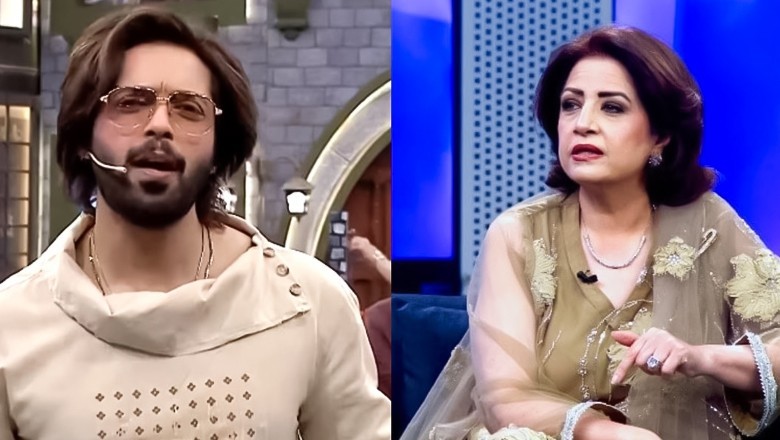

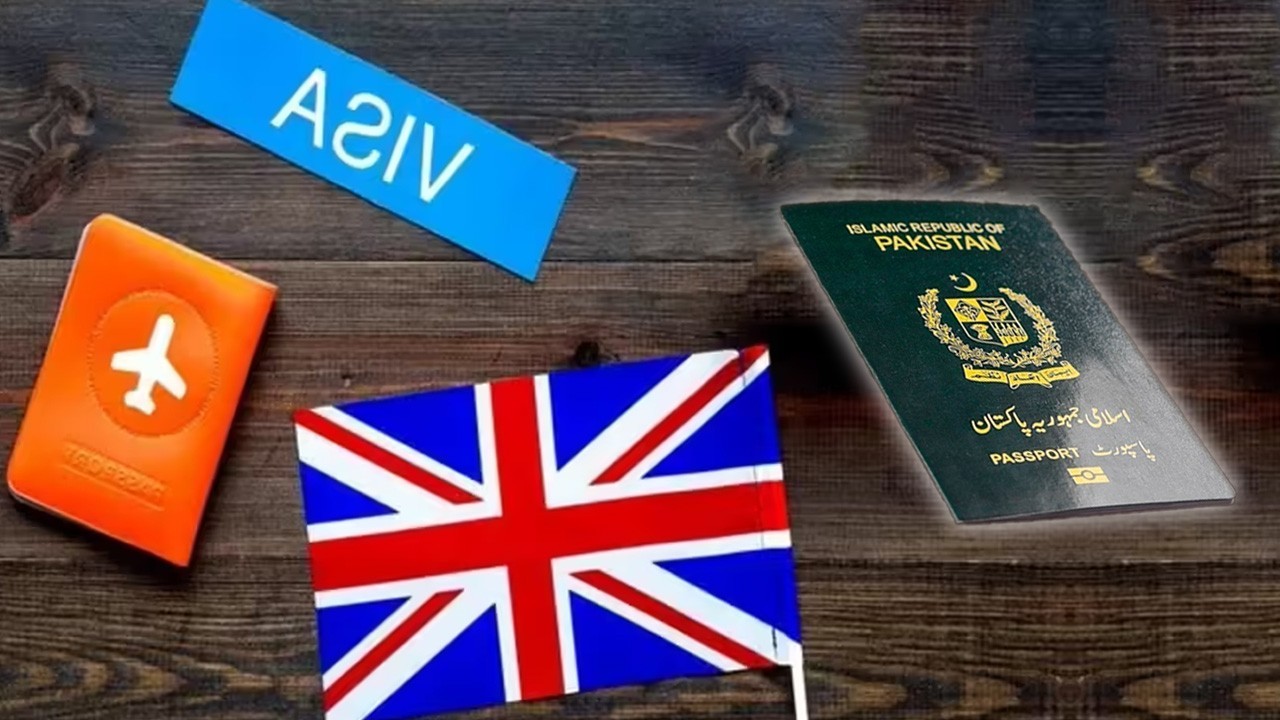
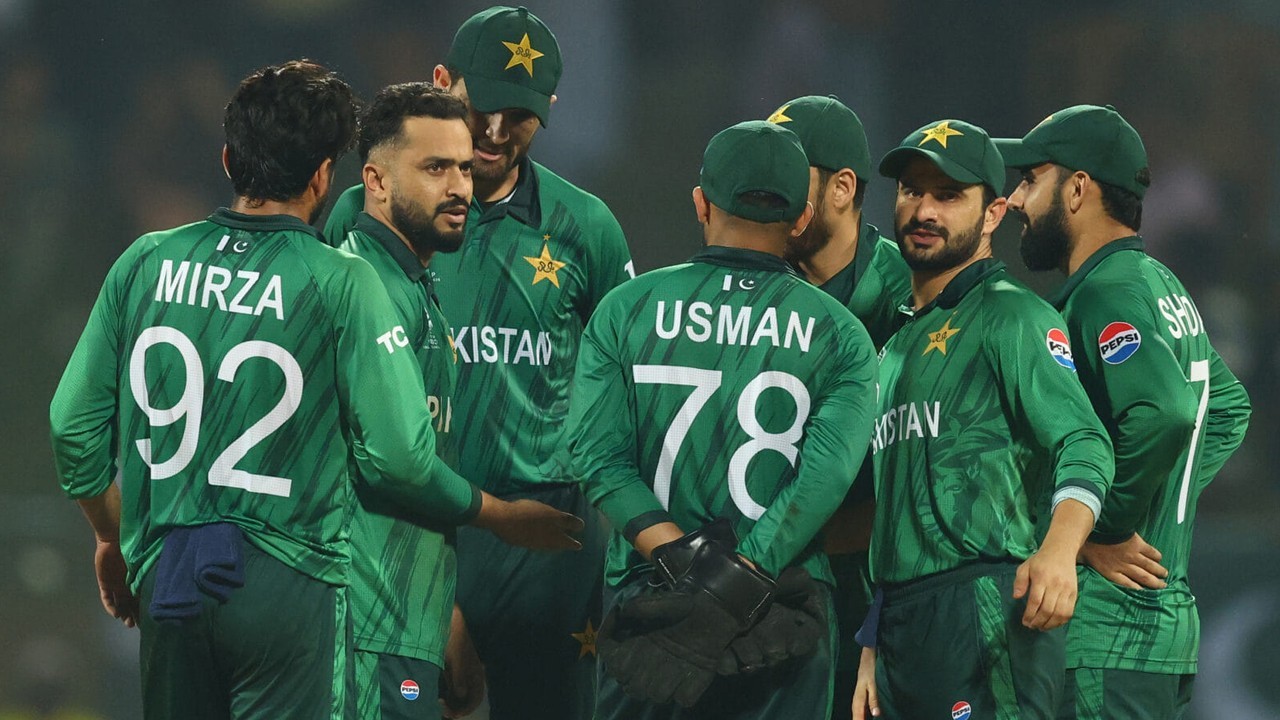


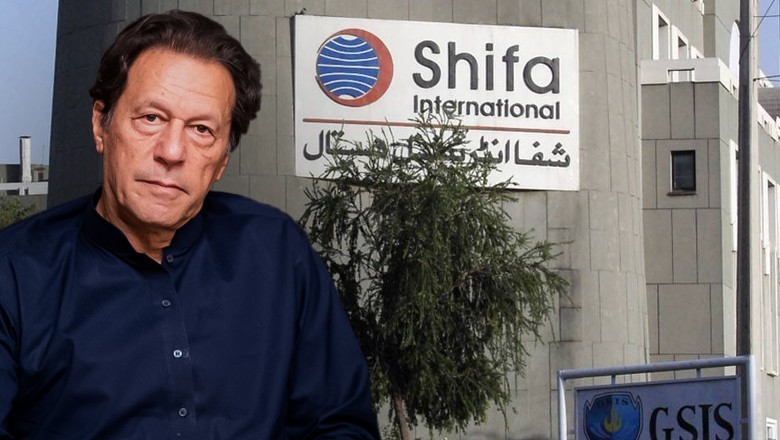
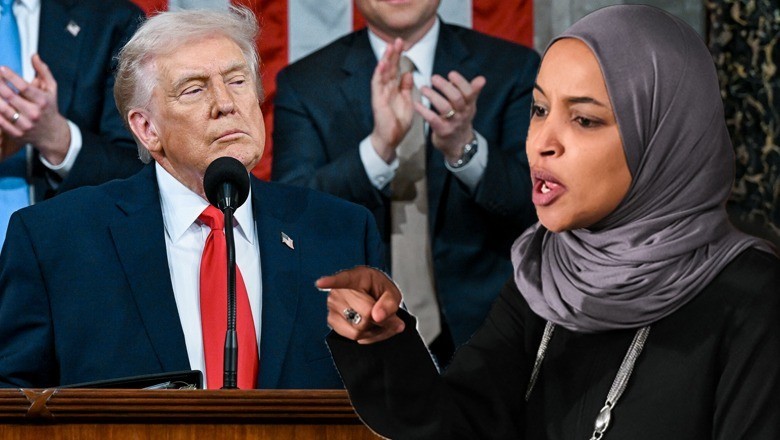
Comments
0 comment